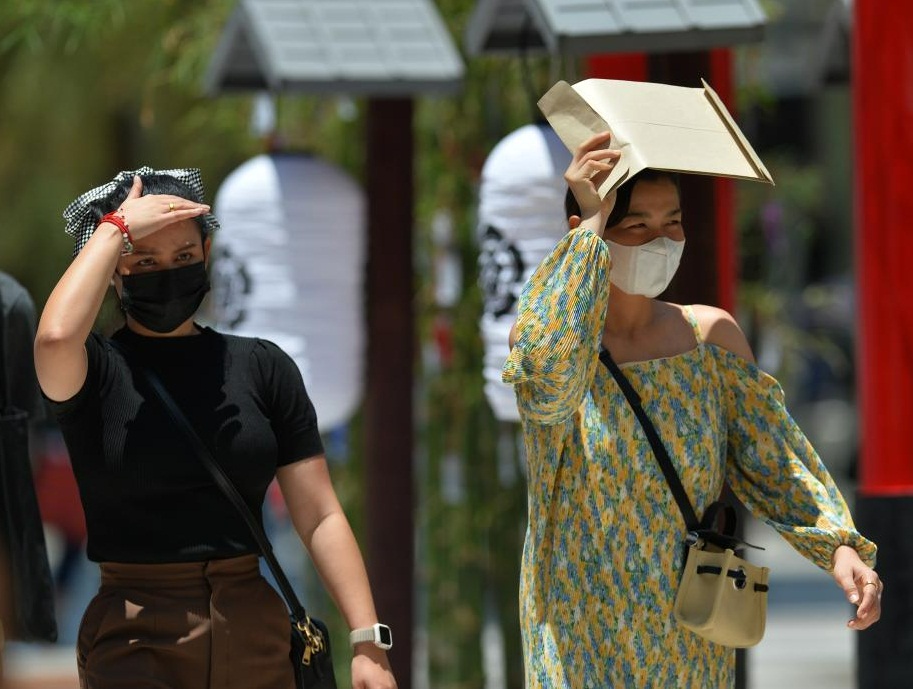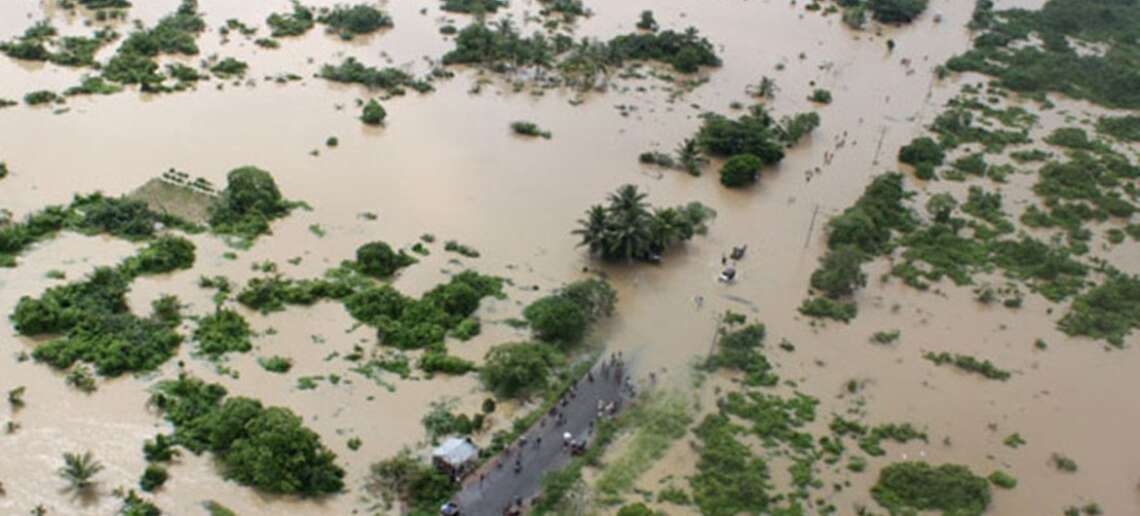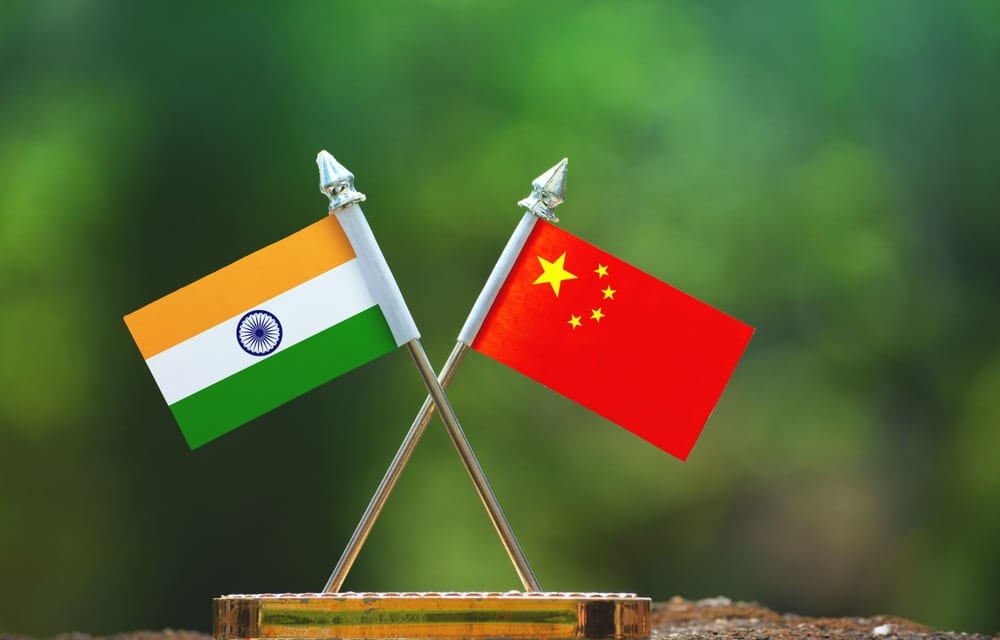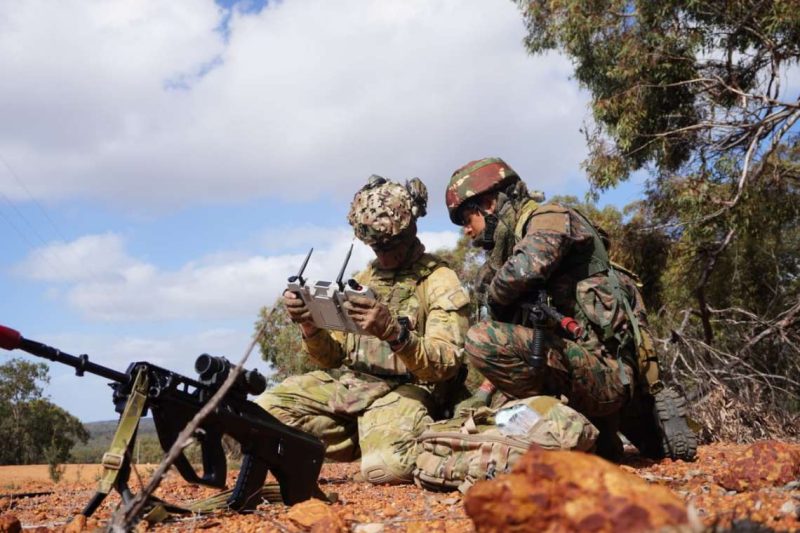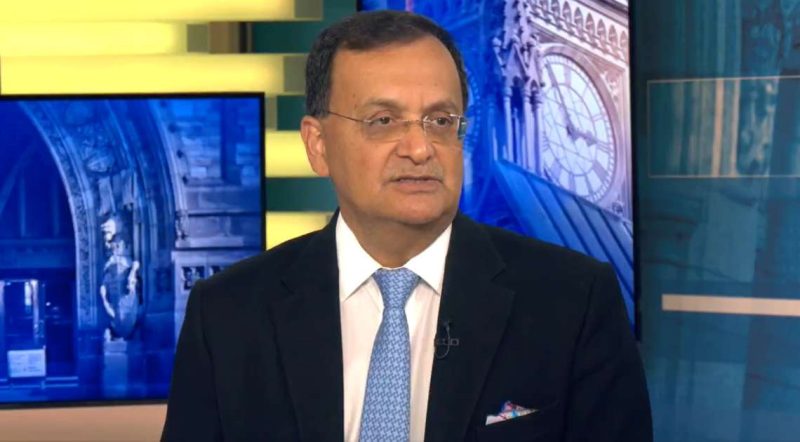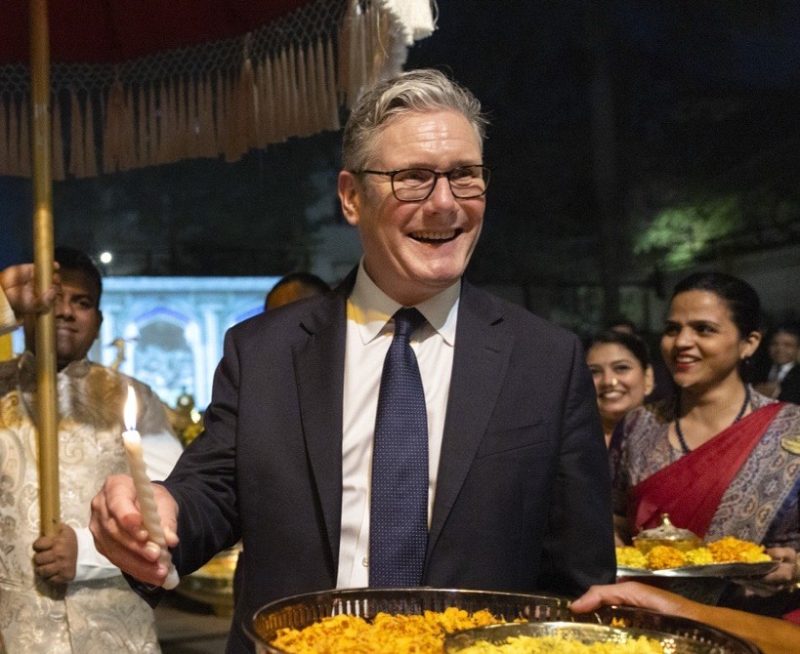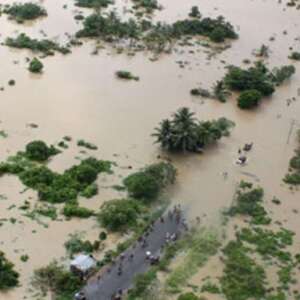The Executive Action Plan for the Early Warnings for All initiative calls for initial new targeted investments between 2023 and 2027 of $3.1 billion….reports Asian Lite News
It will cost the equivalent of just 50 cents per person per year for the next five years to reach everyone on Earth with early warnings against increasingly extreme and dangerous weather, according to a plan unveiled by United Nations Secretary-General Antonio Guterres.
Supporting the Secretary General’s agenda, India said there was an urgent need for the world to acknowledge the cascading natural hazards that cause substantial losses around the world.
The Executive Action Plan for the Early Warnings for All initiative calls for initial new targeted investments between 2023 and 2027 of $3.1 billion — a sum which would be dwarfed by the benefits.
This is a small fraction (about 6 per cent) of the requested $50 billion in adaptation financing. It would cover disaster risk knowledge, observations and forecasting, preparedness and response, and communication of early warnings.
Guterres announced the plan at a meeting of government and UN organisation leaders, financing agencies, Big Tech companies and the private sector during the World Leaders Summit at the UN climate change negotiations, COP27, on Monday.
The plan was drawn up by the World Meteorological Organisation and partners, and it was supported by a joint statement signed by 50 countries.
“Ever-rising greenhouse gas emissions are supercharging extreme weather events across the planet. These increasing calamities cost lives and hundreds of billions of dollars in loss and damage. Three times more people are displaced by climate disasters than war. Half of humanity is already in the danger zone.
“We must invest equally in adaptation and resilience. That includes the information that allows us to anticipate storms, heatwaves, floods and droughts. To that end, I have called for every person on Earth to be protected by early warning systems within five years, with the priority to support the most vulnerable first,” said Guterres.
The Executive Action Plan sets out the concrete way forward to achieve this goal.
The need is urgent. The number of recorded disasters has increased by a factor of five, driven in part by human-induced climate change and more extreme weather. This trend is expected to continue.
And yet, half of the countries globally do not have early warning systems and even fewer have regulatory frameworks to link early warnings to emergency plans.
Coverage is worst for developing countries on the frontlines of climate change, namely Least Developed Countries (LDCs) and Small Island Developing States (SIDS).
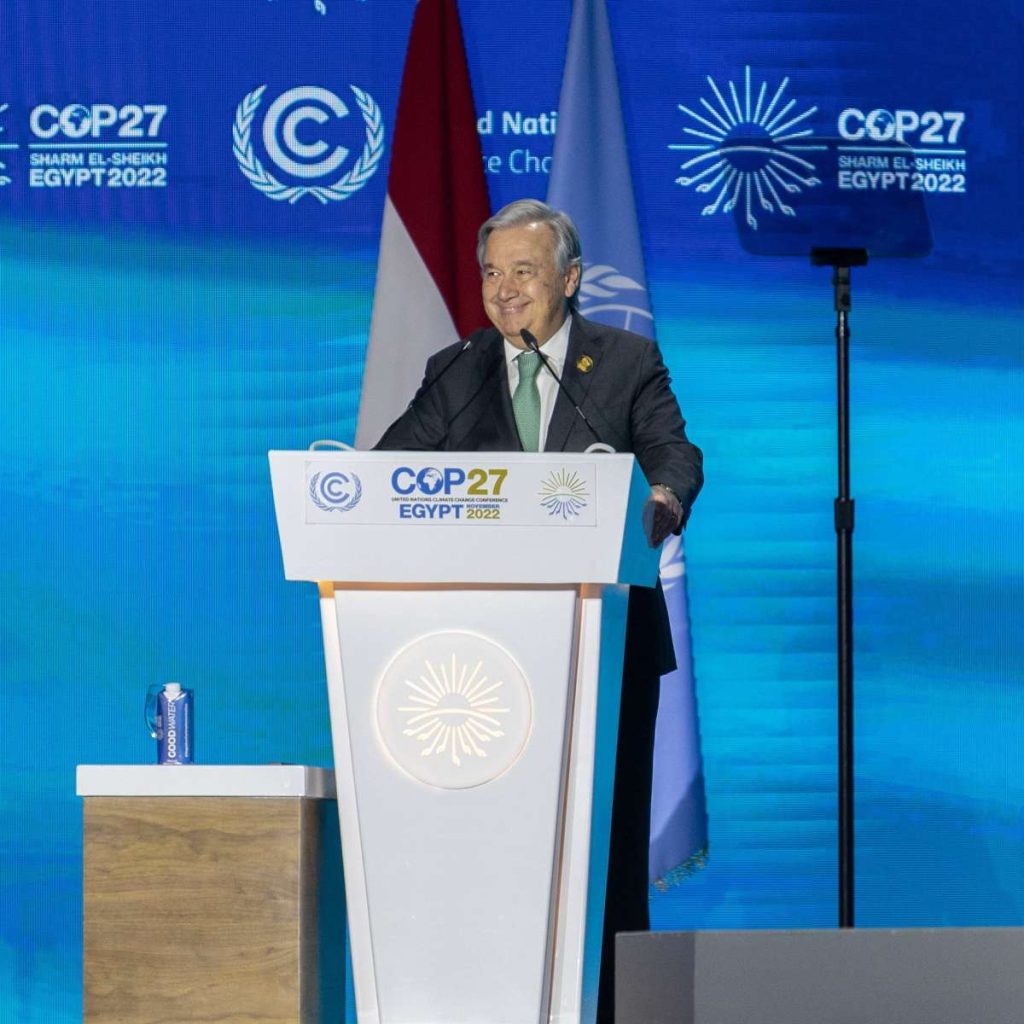
Responding to the Early Warnings for All initiative, Union Minister for Environment Forest and Climate Change Bhupender Yadav said, “We fully support the Secretary General’s agenda to achieve Early Warnings for All. The global pace of climate mitigation is not enough to contain the rate of climate change. There is an urgent need for the world to acknowledge the cascading natural hazards that cause substantial losses around the world.”
“With climate finance still scarce, climate adaptation in the form of early warning dissemination is key in safeguarding lives, and livelihoods. Early warnings for all play a part in not just containing the immediate physical impacts, but also mitigating the far-reaching long-term socio-economics implications that follow.
“Climate finance is still a mirage, and effective climate adaptation such as Early Warnings For All helps us collectively in our region toward reducing vulnerabilities and ensuring preparedness and swift and timely response to natural hazards.”
Mami Mizutori, Special Representative of the Secretary-General for Disaster Risk Reduction and head of the UN Office for Disaster Risk Reduction, said, “The Early Warnings for All initiative offers an opportunity for countries to significantly increase their understanding of risk, which is the foundation for all resilience-building efforts.
“For these reasons and more, implementing this Action Plan is critical to saving lives. Secretary-General Guterres provided us with the vision and WMO has provided us with athe how.’ It is up to us all now to make this a reality.”



